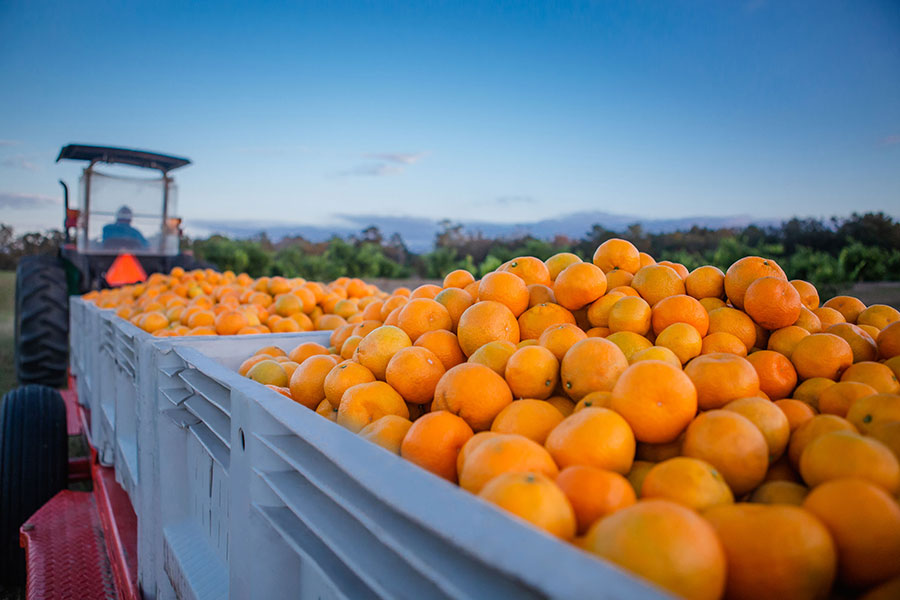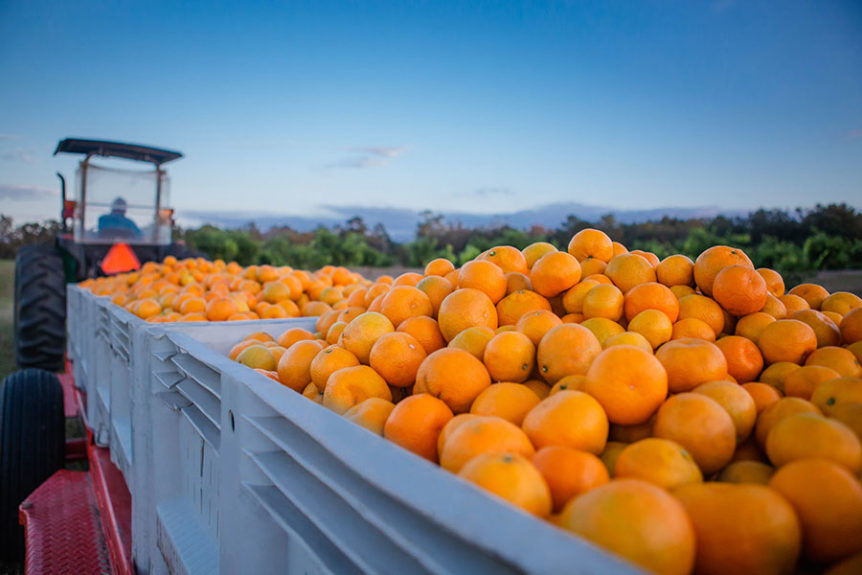High quality and low quantity are in store for this year’s cold-hardy citrus crop in eastern Alabama, southern Georgia and the Florida Panhandle. Too many natural disasters negated the volume of this year’s crop load, according to Lindy Savelle, president of the Georgia Citrus Association and member of the Georgia Citrus Commission.

“We had a freeze, and then we had another freeze, and then we had a hurricane (Idalia). So far, the crop itself, as far as the quality of it, is really good. But the quantity is really not good,” Savelle said.
She reported that in some groves, production could be down as much as 50% to 90%.
“It really depends on whether or not you were able to freeze protect your trees and save them well enough, and the age of the trees,” said Savelle. “The weather has a lot to do with the quality. In order for the Brix to go up and the sweet taste to be there, we’ve got to have some cooler temperatures. We’ve actually gotten those.”
The Christmas freeze event devastated this year’s cold-hardy citrus crop. That freeze, coupled with the one experienced in March, left producers with minimal production this season. South Georgia growers used tree covers, tree wraps, bedded pine straw, microsprinklers and bonfires to help trees survive.
The lack of citrus could impact market prices for growers, which will trickle down to consumers.
“I think the price will remain the same across the board. It might slip up a little bit, just because it’s quantity-driven. At the same time, people are going to pay what they’re going to pay for that quality fruit,” Savelle said. “We’re not changing the price on our farm any. It’s the same price as it was last year. You want to offer a product to your customers at an affordable price.
“Now, on the commercial end, as far as big packing sheds, they will likely have to push up the price because they don’t have the volume to spread out the costs. They’ll probably have to tick up their costs a little bit. That’ll be passed on to the consumer. But I don’t see that happening a whole lot.”
SHARE THIS POST
ABOUT THE AUTHOR











